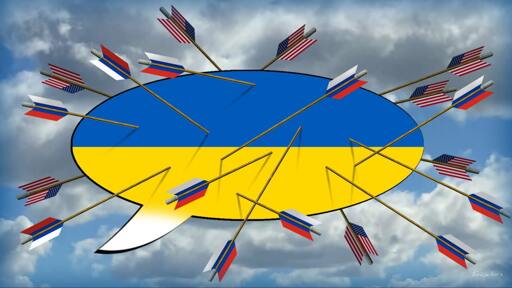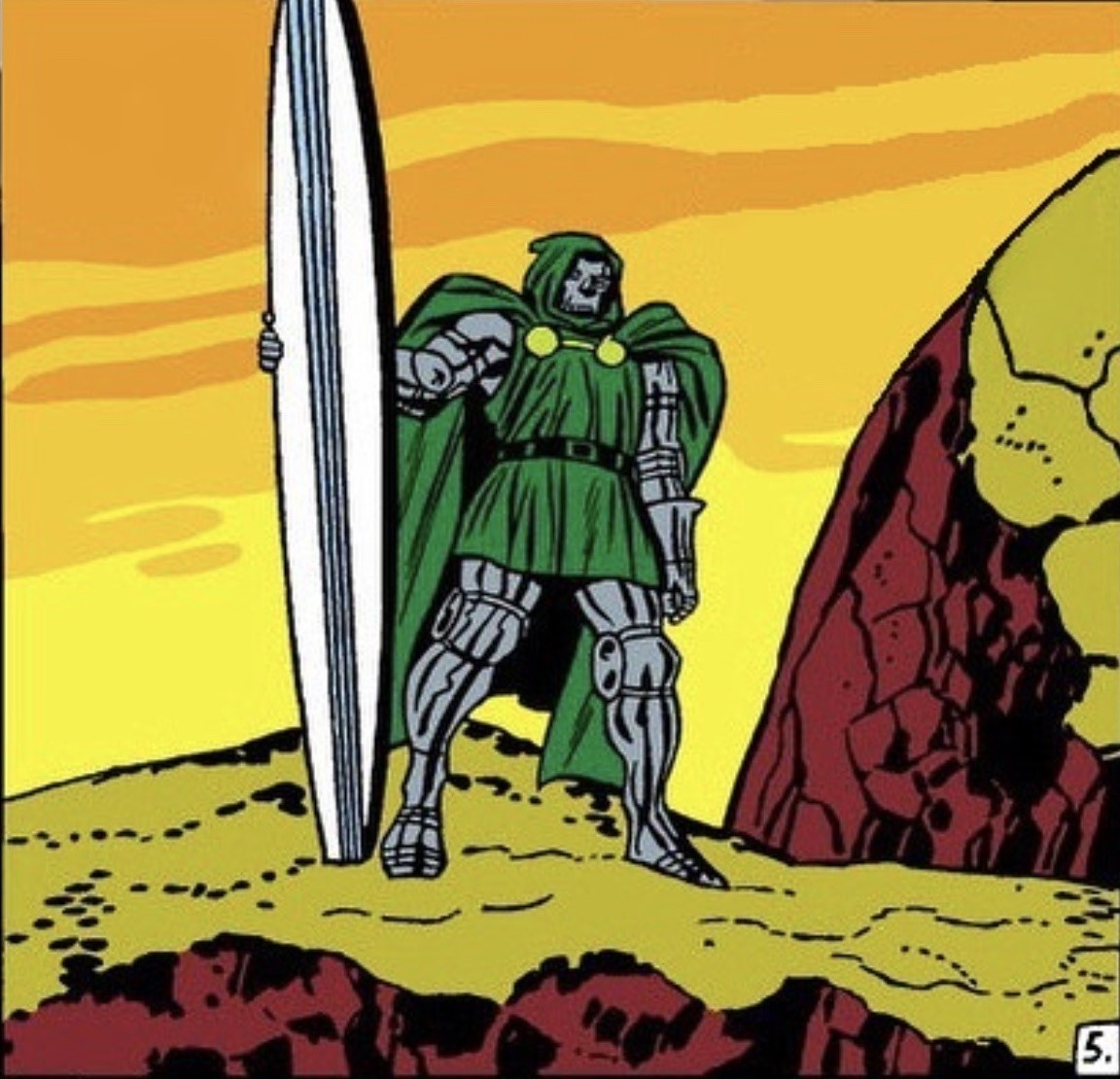We should stop calling it “the west” then.
It’s always been a ridiculous name for a group that includes Australia, Europe, and USA.
We should think of a new name…the empire
the Imperial Core is already a more descriptive name, methinks
The “other side” is imperial too. That doesn’t make sense.
The entire thing is just imperial powers battling and using everything in-between as pawns.
Do you think Russia, China and Saudi Arabia aren’t doing the same thing to places?
they are imperialist too, but not nearly to the same degree
I guess “NATO and friends” might be a bit shortsighted?
The free world maybe?
How do you explain this to the slaves in USA?
we know tbh
The Last States of Democracy
Kingdom of the billionaires.
There’s also Canada, NZ, South America, a lot of Africa and Asia
No country in South America, Africa or Asia is part of “the west”.
I admit I forgot Canada and New Zealand, as is tradition.Japan and South Korea aren’t in Asia? I’d certainly count them as “western”, especially Japan. if I’m feeling especially generous I might provisionally include Brazil too.
I wouldn’t. You’re mistaking countries under the thumb of the West as being the West
WWII and Korea are how those countries came about their position today. I don’t think they’re entirely against their position but they don’t have a seat at the table like the others do
Japan’s the third largest country in the world and they aligned themselves with the West in the Meiji restoration. they sought imperial conquest of their neighbors in the 1900s. what more do you want for them to be the West
I’ve been calling it piss-jizz
pee pee poo poo hehehe (don’t tell my mom I said that)
Regardless of “official policy”, I will always stand with Ukraine. In fact, now more than ever, it might be time I get a Ukraine flag to fly on my house.
Better send that money towards their drone production.
Do not stop there. Get enlisted into their army
European Reactions to the U.S. Retreat From Democracy
[…] Three levels of concern are emerging.
First, and of most immediate importance, is the issue of international democracy funding. With nearly all U.S. democracy aid dramatically frozen, European donors are already receiving hundreds of requests to provide emergency support to the affected civil society recipients. […] European funding for democratic governance is around €4 billion ($4.2 billion) a year, compared with U.S. funding of around $3 billion, meaning European donors would need to increase funding levels by around 75 percent to cover the shortfall entirely […]
A second concern is more self-protective [as] many in the EU and European governments fear they face a more crucial task of defending European democracy itself from brazen and truculent U.S. assaults. Far from filling the gap left by suspended U.S. funding, the EU seems to be on a trend toward diverting more resources internally—that is, into protecting European democracy from harmful U.S. interventions. The Trump administration has supported the far-right figures who are unsettling European democracy, while U.S. big tech is now seen as a major threat to political pluralism in Europe […]
A third level of putative adjustment relates to the broader shape of global democratic alliances. Beyond the EU’s own funding choices, the question arises of how far international cooperation on democracy can now be built without the United States […] Non-Western democracies have often complained about heavy-handed U.S. leadership of the democracy agenda […] A key question is whether these democracies will want to invest large amounts of resources in a post-U.S. democracy agenda. They will now face a crucial test of whether they are willing to adopt such proactive agency […]
The eagle of liberty now has two heads











